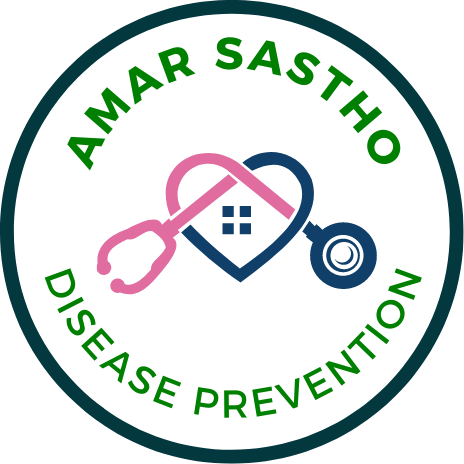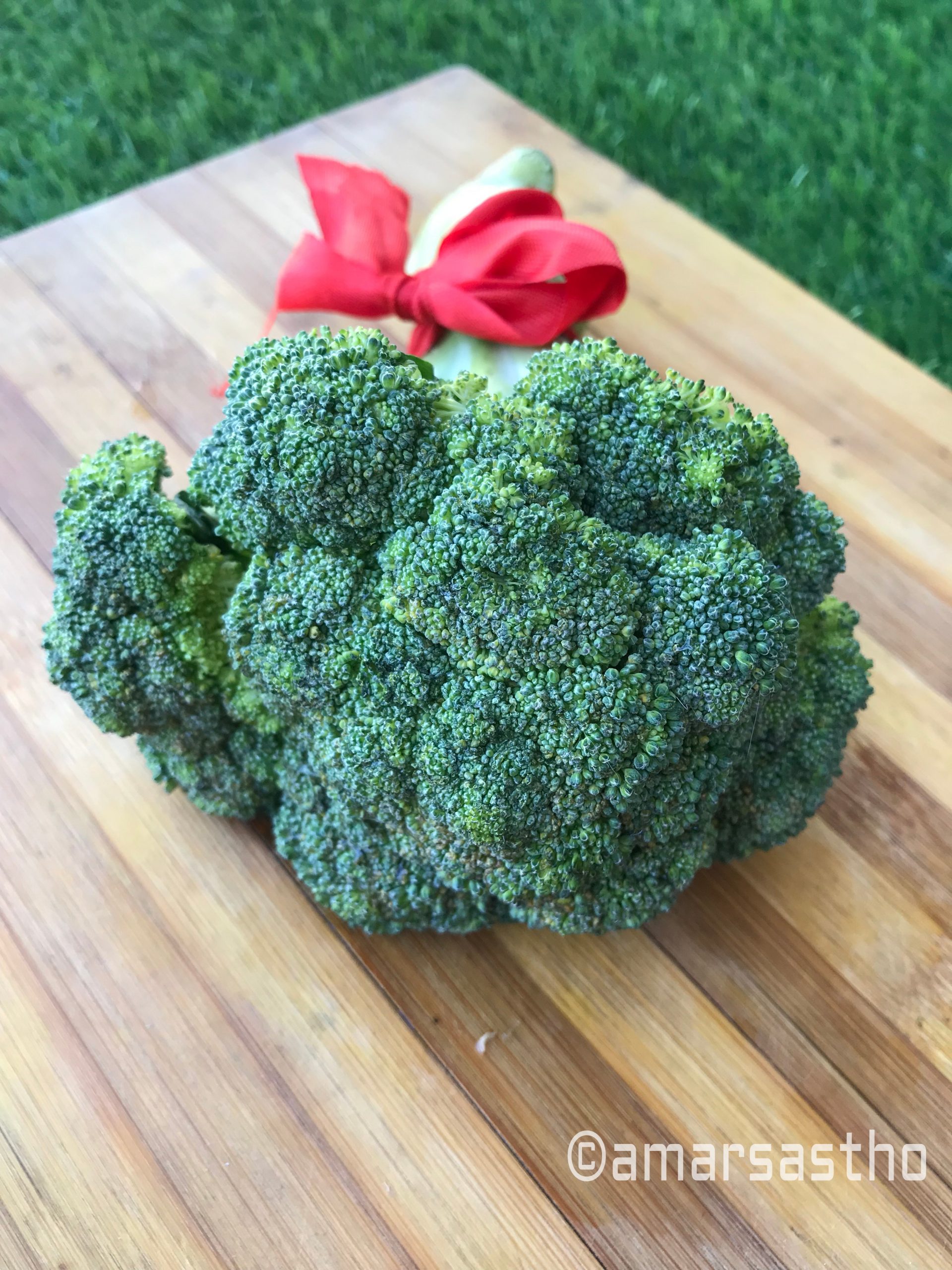When it comes to great-tasting nutrition, broccoli is an all-star food with many health benefits. While low in calories, broccoli is rich in essential vitamins and minerals, in addition to fiber. Broccoli belongs to the cruciferous vegetable family, which includes kale, cauliflower, Brussels sprouts, bok-choy, cabbage, collard greens, rutabaga, and turnips. If you are trying to eat healthier vegetables, in that case, broccoli should be at the very top of your grocery.
Broccoli is a nutritional powerhouse full of vitamins, minerals, fiber, and antioxidants.
There are three main varieties of broccoli:
- Calabrese broccoli
- Sprouting broccoli
- Purple cauliflower broccoli
1 cup (91 grams) of raw broccoli contains:
- Carbs: 6 grams
- Protein: 2.6 gram
- Fat: 0.3 grams
- Fiber: 2.4 grams
- Vitamin C: 135% of the RDI
- Vitamin A: 11% of the RDI
- Vitamin K: 116% of the RDI
- Vitamin B9 (Folate): 14% of the RDI
- Potassium: 8% of the RDI
- Phosphorus: 6% of the RDI
- Selenium: 3% of the RDI
Health benefits:
- Broccoli contains multiple potent antioxidants that may support healthy cells and tissues throughout your body.
- Sulforaphane and other natural compounds in broccoli might stop cancer cells from forming in your body. Studies have been shown that broccoli might reduce the risk of cancers like breast cancer, colon cancer, Prostate, skin cancer.
- Broccoli can manage diabetes too. Studies have shown that Sulforaphane may help lower your blood sugar. If you have type 2 diabetes and obesity, you may notice a bigger improvement in blood sugar than other people would if you eat broccoli regularly.
- Few studies have been shown that broccoli can help reduce the blood LDL-cholesterol levels by 6 percent.
- Broccoli can help in the prevention of mental illnesses like Alzheimer’s and Dementia.
- Eating broccoli may lower blood sugar and improve diabetic control. This is likely related to its antioxidant and fiber content.
- Broccoli contains high levels of both calcium and vitamin K, both of which are important for bone health and prevention of osteoporosis. Along with calcium, broccoli is also full of other nutrients like magnesium, zinc and phosphorous. Because of these properties, broccoli is extremely appropriate for children, elderly and lactating mothers.
- Broccoli is great for heart health as it contains fibers, fatty acids, and vitamins that help to regulate blood pressure in the body. This also helps in reducing bad cholesterol, hence leading to a healthy heart. Broccoli helps to protect blood vessels from damaging as well.
- Broccoli is a good carb and is high in fiber, which aids in digestion, prevents constipation, maintains low blood sugar, and curbs overeating.
- Broccoli is also great for weight loss because it is rich in fiber.
- Broccoli provides an excellent source of vitamin C, a nutrient known to support a healthy immune response.
- Broccoli may Protect Your Skin From Sun Damage.
- Skin cancer is on the rise due in part to a damaged ozone layer and increased exposure to ultraviolet UV rays. Research shows that bioactive compounds in broccoli may protect against UV radiation damage which leads to skin cancer.
- Broccoli contains beta-carotene, vitamin A, phosphorous and other vitamins such as B complex, vitamin C and E. All these rich nutrients are great for eye health.
- Broccoli is supplemented with vitamin C, which has several antioxidant properties and it is great for anti-aging. This is because antioxidants help fight the free radicals responsible for aging.
Note: Please do not eat broccoli if you have IBS and Kidney diseases.
- Broccoli may give you gas and upset your bowels if you have IBS.
- The phosphorus in broccoli can start to build up in your blood if your kidneys don’t work well. Help for Kidney Diseases


